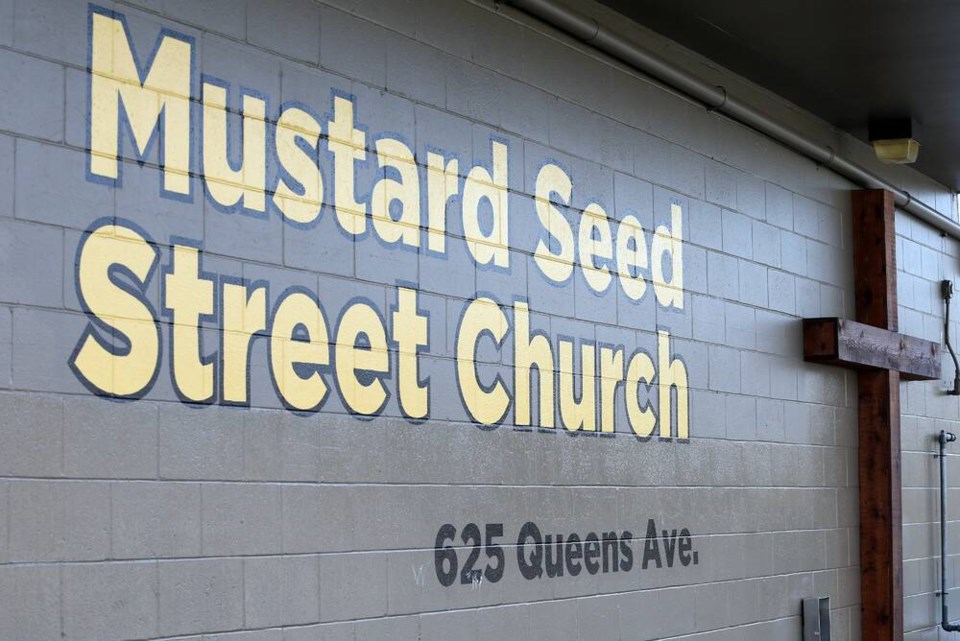A commentary by the interim congregational pastor at the Mustard Seed Street Church and Food Bank.
Many of us at the Mustard Seed had been worried about a woman we’ll call Janet.
Janet is a regular at The Seed: smart as a whip, elderly, well-read, and laden with “issues.” Recently, she and I found a “connection” — ballroom dancing, of all things. She had been an instructor; my wife and I had taken some lessons, and suddenly, we had something to talk about.
It was a great chat … and then I lost contact with her. She more or less dropped out of sight for over a month, which was cause for worry, until she finally turned up again.
The thing is, we had come to care about her — along with the many other people who come to The Mustard Seed. They are family, and the fact that we look for and often find common ground leads to a key truth about what some call “Street People”; they are un-different.
It’s easy to look at “Street People” as them, vis-à-vis us, but in the time I’ve been at The Mustard Seed, plus 10 years serving on Vancouver’s Downtown East Side, I have encountered: teachers, people injured in workplace accidents, several former military people (including two Vietnam veterans), formerly successful businesspeople, survivors of residential schools, ex-convicts, and a variety of others.
How does one go from being “normal” to living on the street under a blanket or sleeping on a piece of cardboard? Sometimes it’s trauma, or untreated mental illness, or addiction as a result of chronic pain or a combination of bad luck, tragedy and, yes, sometimes poor choices.
Take two people: at the outset, they don’t seem different from each other. Now, put them in identical situations, and you will get two wildly different outcomes — one of them can cope and the other struggles.
This could happen to anyone.
That we are un-different until something happens is the scary reality of mental health, addiction and homelessness. It can start with a simple misstep you might not notice: a decision that seemed like a good idea at the time; trusting someone who turns out to be a thief; even accepting an offer to “try this — it won’t hurt just once” — any of those could start the cascade of events that leads to someone living on the street, themselves.
A very wise man once said, “you can never hate a man once you’ve talked to him.” What better way to bridge the chasm between these “two solitudes” than through conversation?
Here’s a modest proposal: take a moment to say hi and notice these people. Educate yourself on the ongoing impacts of residential schools or on how chronic pain has led to addiction. Be aware of how housing costs are forcing many to choose between a roof and a meal.
In the process, you will be better able to empathize, to advocate for more accessible and continuous treatment and — who knows? — you may find yourself caring about a “Janet,” with similar interests to your own.
>>> To comment on this article, write a letter to the editor: [email protected]



